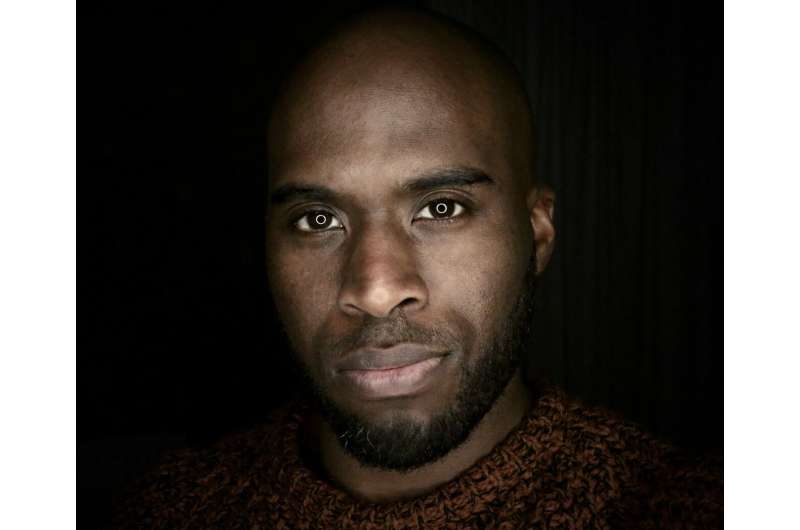This article has been reviewed according to Science X's editorial process and policies. Editors have highlighted the following attributes while ensuring the content's credibility:
fact-checked
peer-reviewed publication
trusted source
proofread
Researchers examine black men's perceptions of labeling after a violent firearm injury

The way Black men see themselves after a firearm injury—whether as a survivor or victim—could change over time and have implications on their mental health, according to a Rutgers Health study.
The study, published in the Journal of Urban Health, examined the role of racially coded language, sociodemographic and environmental contexts that support labels among Black men who experienced a firearm injury.
Rutgers researchers sought to understand how Black men in a hospital-based violence intervention program perceive "survivor" and "victim" labels after experiencing a firearm-related injury.
"The self-identification as a 'survivor' versus 'victim' following violent injury may have salient implications for the mental health of Black men," said Nazsa Baker, a postdoctoral fellow with the New Jersey Gun Violence Research Center (GVRC). "Internalizing a victim identity could exacerbate trauma reactions, negative cognitions about self-worth and powerlessness, feelings of helplessness and other symptoms of depression and post-traumatic stress disorder."
In contrast, adopting a survivor identity may facilitate resilience and post-traumatic growth by enhancing self-efficacy, hope, motivation to heal and perceived control, said Baker, adding that some scholars have cautioned that an exclusive focus on one term—survivorship, for example—"for a specific experience could pressure injured individuals to suppress vulnerable emotions or bypass trauma processing in efforts to appear strong and resilient."
The researcher recruited 15 Black men, who over the age of 18, were victims of firearm injuries and participants of a hospital-based violence intervention program. The men participated in a telephone open-ended interview where they were asked questions on their feeling and experience on being a survivor, as opposed to victim labeling.
The majority of participants in this study accepted the term "survivor" as these individuals associated "victim" with weak. In contrast, a few others embraced both labels while saying that they consider themselves partially a survivor because they physically survive, and other rejected both labels as they wanted to self-label using their own words, such as "warrior."
Researchers found the experiences of individuals affected by injury are more complex than being victims or survivors. Personal identities and labels may change after an injury, leading to new ways of thinking about resilience and processing trauma.
They said further research is needed to understand how people in this group label themselves, taking into account factors such as societal expectations of masculinity, racial stereotypes, community environment, and the availability of support services. The researchers added that the findings suggest the need for public awareness campaigns to portray surviving violence as a sign of strength. The findings also highlight the importance of increasing access to mental health care that is sensitive to cultural differences and trauma.
"Providers and social science researchers may be best served by rejecting a one-size-fits-all approach and allowing violently injured Black men to self-determine the self-appraisal that aligns most closely with their lived experience, needs and cultural context," Baker said. "Imposing labels could overlook individual differences and neglect the meaning-making process among those who have experienced a life-altering event."
Researchers said the study revealed self-labeling across the victim-survivor continuum and how the current dichotomy doesn't always capture Black men's direct experiences.
More information: Nazsa S. Baker et al, "I am a survivor!": Violently Injured Black Men's Perceptions of Labeling After a Violent Firearm Injury, Journal of Urban Health (2024). DOI: 10.1007/s11524-024-00874-8


















